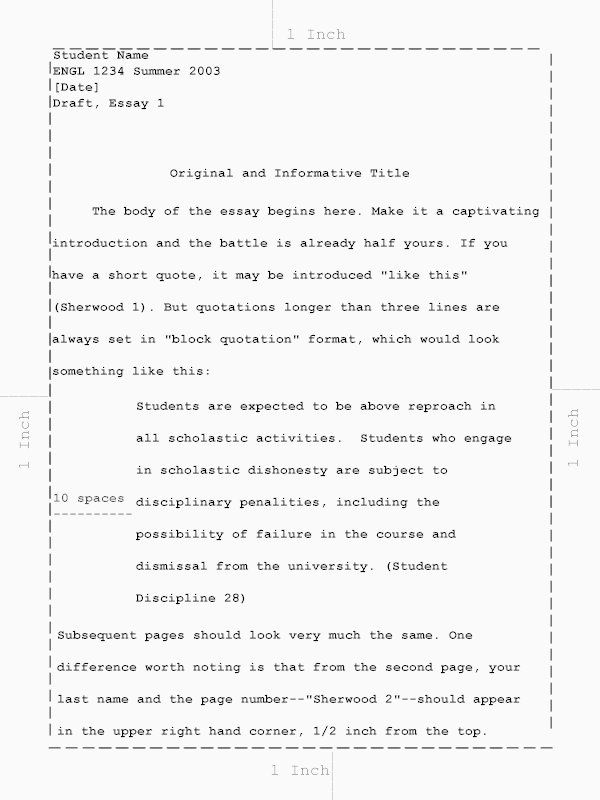
Essay - Assignments
1. Poetry Explication
Choose a poem of interest that we have not discussed yet in class. Your task is to explicate it--"making explicit what the reader believes is implicit in the work" (Barnet 221). Use the PAST/LAST worksheet in brainstorming if you like. Read and listen to the poem several times, then annotate it freely. Once you have begun to perceive some of the poem's features, begin to think about the essay itself--using free-writing or outlining as you prefer. Do not use outside references, with the exception of a dictionary or the Princeton Encyclopedia. Do make the best possible use of specific technical terms and do display a deep familiarity with the poem itself. Use the Barnet xerox and the sample explications posted to the web site. Your explication should read like an organized tour of the poems significant features. In your discussion, move through the poem a section at a time--(this may mean line by line, stanza-by-stanza, etc. depending on the length and structure of the poem you choose)--devoting a paragraph to each. Note the formal features of significance and describe the most important patterns, emphases, and developments at the levels of sound, speaker, image, figurative language, diction, etc.
2. Poetry Explication (Draft Thursday, Revision Monday 6/30)
Explicate a poem of your choice, ideally one with some traditional formal features. Use the model of the first essay but make sure to include some treatment of: 1) rhythm and 2) rhyme. You may use a dictionary, class handouts, and the Princeton Encylopedia if you like. Make the best possible use of specific technical terms and do display a deep familiarity with the poem itself. I will pay special attention to how you structure your analysis, moving through the poem in a logical and focused manner--(this may mean line by line, stanza-by-stanza, etc. depending on the length and structure of the poem you choose). At this point, you should also have a more advanced command of appropriate poetic terms. Remember also that a reader should be able to follow your argument without having to consult anything beyond the portions of the poem that you quote.
3. Critical Ellaboration (Draft Tuesday; Revision Thursday 7/3)
This 3-6 page essay should involve a certain degree of explication, but the thesis should reflect your engagement with an essay published in The Explicator (search PCI database from the UTPB library page). You may choose to extend observations made in that essay, critique it, or choose an alternative emphasis. But your essay should produce an original reading of the poem that acknowledges the interpretation that precedes yours. The best essays will probably include a brief summary of key points from the precedent. A Works Cited page is appropriate too.
FORMAT
Use a readable 12-point font; double-spaced; 1-inch magins. Fasten simply with a staple. Beginning on the second page, place your last name and page number in the upper-right corner. Indent paragraphs 5 spaces/half-inch and block quotations 10-spaces (anything over three-lines in length). Use MLA in-text citation format to attribute quotations and paraphrased material. Do not plagiarize. (Check out the MLA Guide in the library or handouts from our Writing Center for citation format questions.)
Use the following layout:

Cheating, Plagiarism, and Collusion UTPB Policy on Scholastic Dishonesty Students are expected to be above reproach in all scholastic activities. Students who engage in scholastic dishonesty are subject to disciplinary penalties, including the possibility of failure in the course and dismissal from the university. 'Scholastic dishonesty includes but is not limited to cheating, plagiarism, collusion, the submission for credit of any work or materials that are attributable in whole or in part to another person, taking an examination for another person, any act designed to give unfair advantage to a student or the attempt to commit such acts.' Regents' Rules and Regulations, Part One, Chapter VI, Section 3, Subsection 3.2, Subdivision 3.22. Since scholastic dishonesty harms the individual, all students, and the integrity of the university, policies on scholastic dishonesty will be strictly enforced--Student Discipline for Scholastic Dishonesty: A Guide for Administrators, Faculty, and Hearing Officers (28). See also: www.utpb.edu/UTPB_Student/Students/StudentLife/StudentService_Other/StudentGuide/main_student_guide.htm
Scholastic Dishonesty is a serious matter. I am savvy and vigilant in detecting students who use unattributed web sources , "collaborate" with fellows students, or utilize other "clever" methods to enhance their grades. Take the grade you honestly earn on an assignment. Should a classmate attempt to use your work, refuse; I make no distinction between cheaters and those who aid them. A plagiarized assignment will earn you a zero for the assignment and referral to the Vice President for disciplinary action.